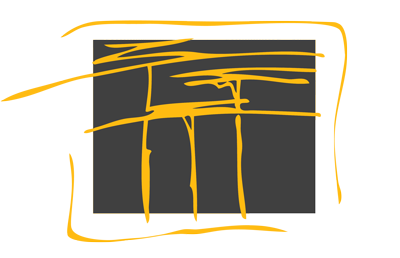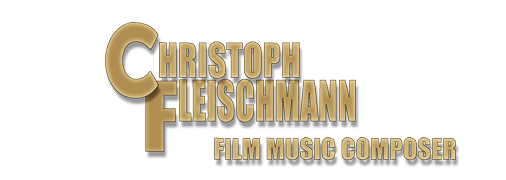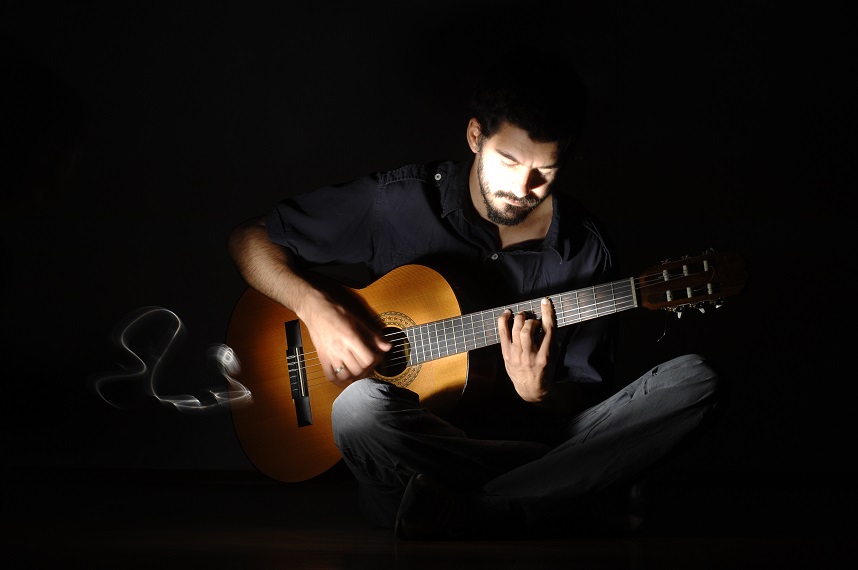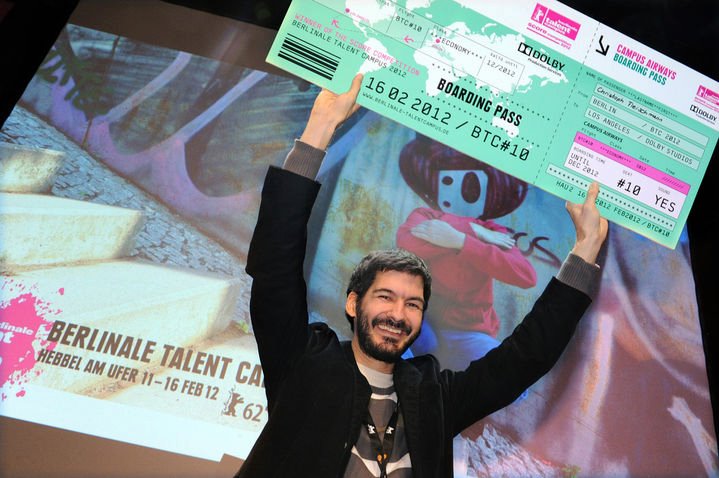|
|
The correct impression is only transported by the connection of picture and sound. The work on Scores for film represents again and again a new and exciting challenge, because you may not be content with conventional samples, but you have to go your own new ways for each new film. |
Christoph Fleischmann (born 1978 in Regensburg) began his musical career at the age of 8 years with playing the violin. Later he got piano lessons. Decisive for his musical influence was the classical guitar instruction two years later. Very soon he came into contact with the Flamenco and various South American music styles. He had lessons with Ricardo Havenstein (classical guitar) in Munich and Merengue de Cordoba (Flamenco) in Cordoba/Spain, Nelson Faria (Bossa Nova) in Rio de Janeiro/Brazil and in Buenos Aires/Argentina with Gustavo Cusmano (Tango). Further he had lessons with Rafael Soler in Granada (Flamenco) and Pedro Sanz in Puerto de Naos (Flamenco).
Christoph Fleischmann started playing the trumpet in 2005 and discovered his enthusiasm for jazz. Among other things, he completed further training in Burghausen with Reinhard Greiner (Big Band Swing) and Brett Youens (Ragtime and Swing Piano).
After his studies of audio engineering at SAE Berlin and Munich, he began his career of film music composition. After some short films he participated 2011 in the score competition "Filmtonart" and got a praising mention. 2012 Christoph Fleischmann won the international scoring competition of the Talentcampus by Berlinale.
In addition to the self-published albums in the TONSTOFF Music Library created in 2020, several albums have been released by production music labels, such as Warner Chappell, BMG PM and UBM Records.
Christoph Fleischmann's music is regularly used for Film and Television productions and can be heard on many stations worldwide. In addition to ARD, ZDF and ARTE in Germany, these include BBC (UK), My5 (USA), NHK (Japan) .
|
Remarkable for his musical style is the fusion of traditional elements from Alpine, Southern and Eastern European and South American music culture with classical jazz and modern urban music styles, as well as experimental noise- and soundscapes.
|
|









